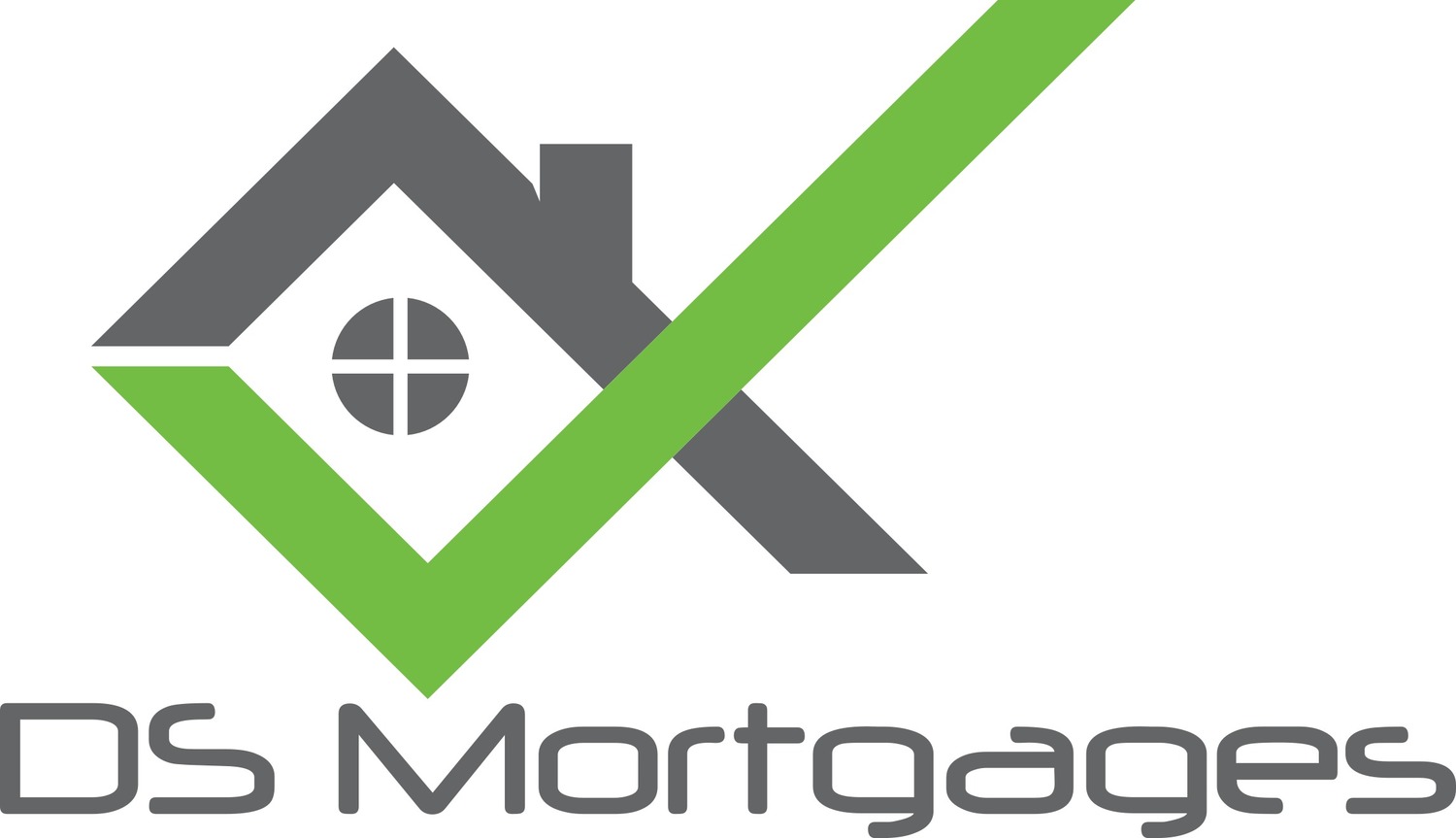DS Mortgages News
Mortgage rates are currently at an all time low.
Could you remortgage and save money?
Here are six points we think you should bear in mind...
How long is left on your mortgage?
If you’re on a fixed mortgage, you should know how long you have left before you need to get a new deal. Fail to remortgage when the deal ends and you’ll be moved to a standard variable rate tariff, which is usually far more expensive.
Are there any fees on your existing mortgage?
You don’t have to wait until your current fix ends to get a new deal – but read the terms and conditions to see if there are any penalties. You might be charged for leaving the deal early.
Are there fees for the new mortgage?
Likewise, though the new deals might have far lower interest rates, any fees might make the overall cost far more expensive. You could get charged legal, valuation and administration costs.
Has your home increased in value?
As well as cutting the interest rate on your mortgage, you might be able to get a better loan to value (LTV).
Mortgage deals are calculated as a percentage of the total value of the house. The lower the LTV, the lower the rates of interest.
When you first bought, you might have only had a deposit of 5% - meaning your LTV was 95%. But if your home is now worth more, the amount you’ve already paid through the deposit and monthly repayments could mean you can get a better deal.
How much is left on your mortgage?
If you don’t have a huge amount left to pay, you might find the savings you’ll make in interest aren’t huge. It’s even possible the fees involved could actually cost you more money.
What will you do with the money saved?
If you manage to reduce how much you pay each month, could you put that money back into the mortgage and overpay it? If this is something you want to do, find out if the mortgage you move to will allow it.

